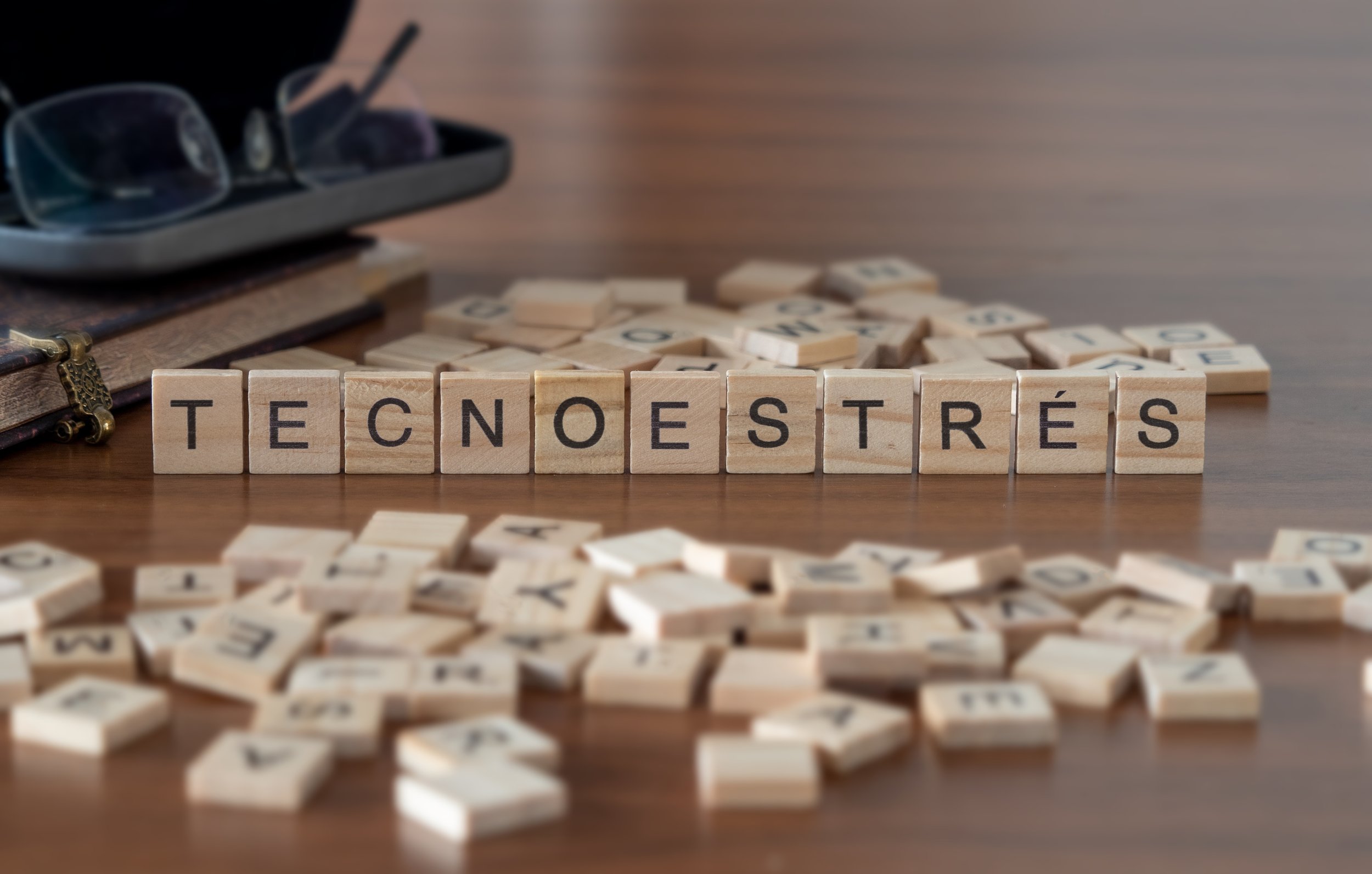Word of the Week: What is "Technostress"?
/Earlier this week, I posted an editorial regarding California legislation attempting to combat “Technostress.” So, the question begs, what is “Technostress?”
Technostress is a modern condition stemming from the use and constant engagement with information and communication technologies. It arises when individuals feel overwhelmed by the rapid pace of technological change, the incessant flow of information, and the pressure to remain connected and responsive at all times. This stress manifests as a result of the inability to cope with new technologies effectively or the demands placed by these technologies on one's time and attention.
The term encapsulates various negative psychological responses, including anxiety, frustration, and a sense of being overwhelmed, directly linked to the use of technology. It's not just about the volume of emails, messages, or notifications one receives, but also about the expectation to learn, adapt to, and integrate new digital tools and platforms into one's daily life and work routines continuously.
Technostress can lead to several adverse effects on an individual's mental and physical health. Mentally, it can contribute to feelings of burnout, decreased job satisfaction, and a decline in overall well-being. Physically, the symptoms might include headaches, fatigue, and sleep disturbances, often resulting from prolonged screen time and the sedentary nature of many technology-centric tasks.
In the workplace, technostress can impact productivity and job performance. Employees dealing with technostress may find it challenging to concentrate, make more errors, and be less creative in their problem-solving. The constant distraction and interruption from various technologies can disrupt deep work and critical thinking, essential components of many professional tasks.
Moreover, technostress extends beyond the individual, affecting interpersonal relationships and social interactions. The compulsion to check emails, social media, and messages can intrude on personal time and relationships, leading to a diminished quality of social engagements and a sense of disconnection from others, despite the hyper-connectedness that technology purports to offer.
If you are suffering from a mental health crisis, call 988.
Addressing technostress requires a multifaceted approach. Individuals can adopt strategies such as digital detoxes, setting clear boundaries for technology use, and prioritizing time away from screens to engage in physical activity or face-to-face social interactions. Mindfulness and stress management techniques can also help individuals cope with the pressures of technology use.
Organizations play a crucial role in mitigating technostress among employees. They can implement policies that encourage work-life balance, provide training to enhance digital literacy, and design work environments that allow for uninterrupted deep work. Recognizing the signs of technostress and promoting a culture that values downtime and disconnection can help prevent the adverse effects of this increasingly prevalent condition.
In summary, technostress is a condition induced by the demands of living in a digitally saturated environment, characterized by the stress and anxiety associated with constant connectivity and the rapid pace of technological change. It affects mental and physical health, productivity, and social interactions, necessitating individual and organizational strategies to manage and mitigate its impact.















